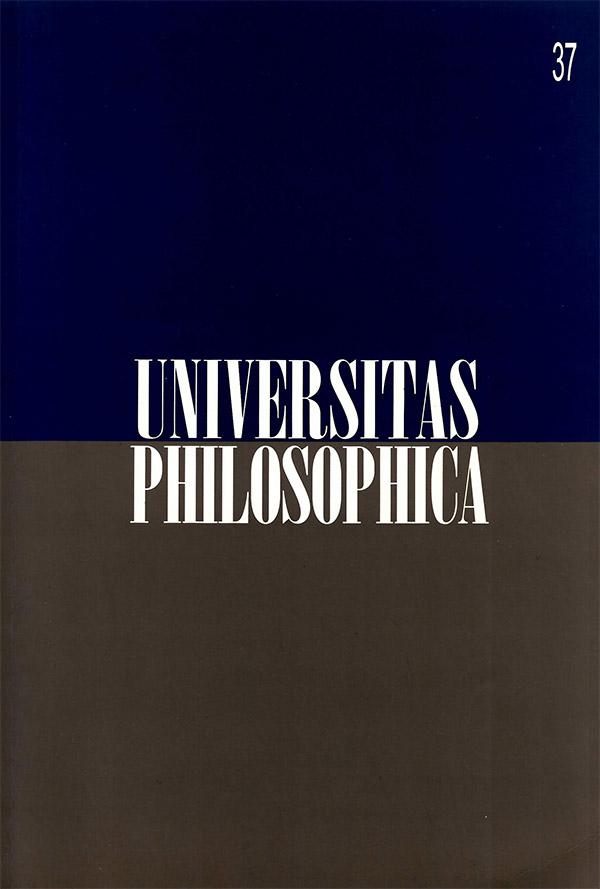Abstract
This paper faces the subject of will to power from an hermeneutic reading. This perspective has main argument the consideration of the body as the basis of the creation of sense and, for the very same reason, as the basis of the generation of valuations. The aim of stating this framework of reference is to show the link between the aboye mentioned will and the prespectivistic production of interpretations and the it's identity with the corporal phenomenon. In this context a hypothesis is stated: that the will to power, understood in tercos of will of creation, is the expression of the body's health. In the development of this hypothesis the following issues are assessed: the consideration of life as will to power oras a fight for the imposition of sense, the retum to the centrality of the body, to the sense of the earth and to the sense of the self.This journal is registered under a Creative Commons Attribution 4.0 International Public License. Thus, this work may be reproduced, distributed, and publicly shared in digital format, as long as the names of the authors and Pontificia Universidad Javeriana are acknowledged. Others are allowed to quote, adapt, transform, auto-archive, republish, and create based on this material, for any purpose (even commercial ones), provided the authorship is duly acknowledged, a link to the original work is provided, and it is specified if changes have been made. Pontificia Universidad Javeriana does not hold the rights of published works and the authors are solely responsible for the contents of their works; they keep the moral, intellectual, privacy, and publicity rights.
Approving the intervention of the work (review, copy-editing, translation, layout) and the following outreach, are granted through an use license and not through an assignment of rights. This means the journal and Pontificia Universidad Javeriana cannot be held responsible for any ethical malpractice by the authors. As a consequence of the protection granted by the use license, the journal is not required to publish recantations or modify information already published, unless the errata stems from the editorial management process. Publishing contents in this journal does not generate royalties for contributors.


